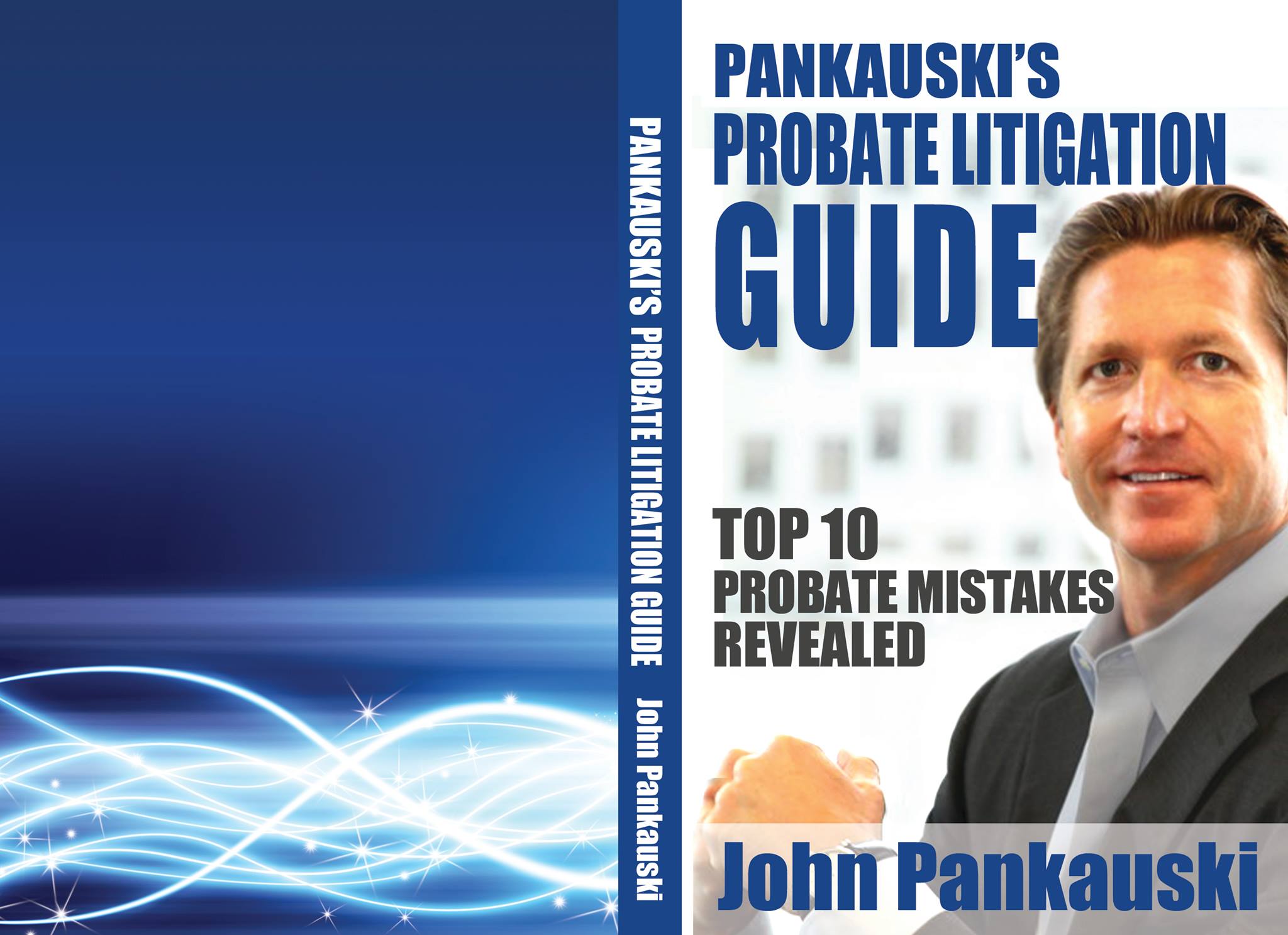Can You Seek Reformation to Remedy an Error in the Execution of a Florida Trust Amendment?

Can you seek reformation to remedy an error in the execution of a Florida trust amendment? Florida’s Second District Court of Appeal (DCA) says “no”! A March 17, 2017 Second DCA opinion, Kelly v. Lindenau discusses trust reformation and when it is a proper remedy.
The Second DCA explains that Florida Statute 736.0415 provides, in relevant part, that the terms of a trust can be reformed “to confirm.. to the settlor’s intent if it is proved by clear and convincing evidence that both the accomplishment of the settlor’s intent and the terms of the trust were affected by a mistake of fact or law, whether in expression or inducement.” Reformation is used to correct a “mistake in the form of expression or articulation”, such as where a trust includes a term that ” misstates the donor’s intention, fails to include a term that was intended to be included, or includes a term that was not intended to be included”. Furthermore, the remedy of reformation is used ” to cause the instrument to reflect the true agreement of the parties when the terms of the agreement have not been clearly expressed in the instrument because of a mutual mistake or inadvertence.”
In this particular case, it was NOT disputed that the decedent intended to leave the house to Lindenau. The amendment in question was clear in its intent. The problem here was just that the amendment wasn’t executed properly. Therefore, the Second DCA found that reformation was not proper. Probate lawyers know that, according to Section 736.0415, reformation cannot be used to remedy an error in the execution of a Florida trust amendment. It is only available to remedy mistakes that affect “both the accomplishment of the settlor’s intent and the terms of the trust.”